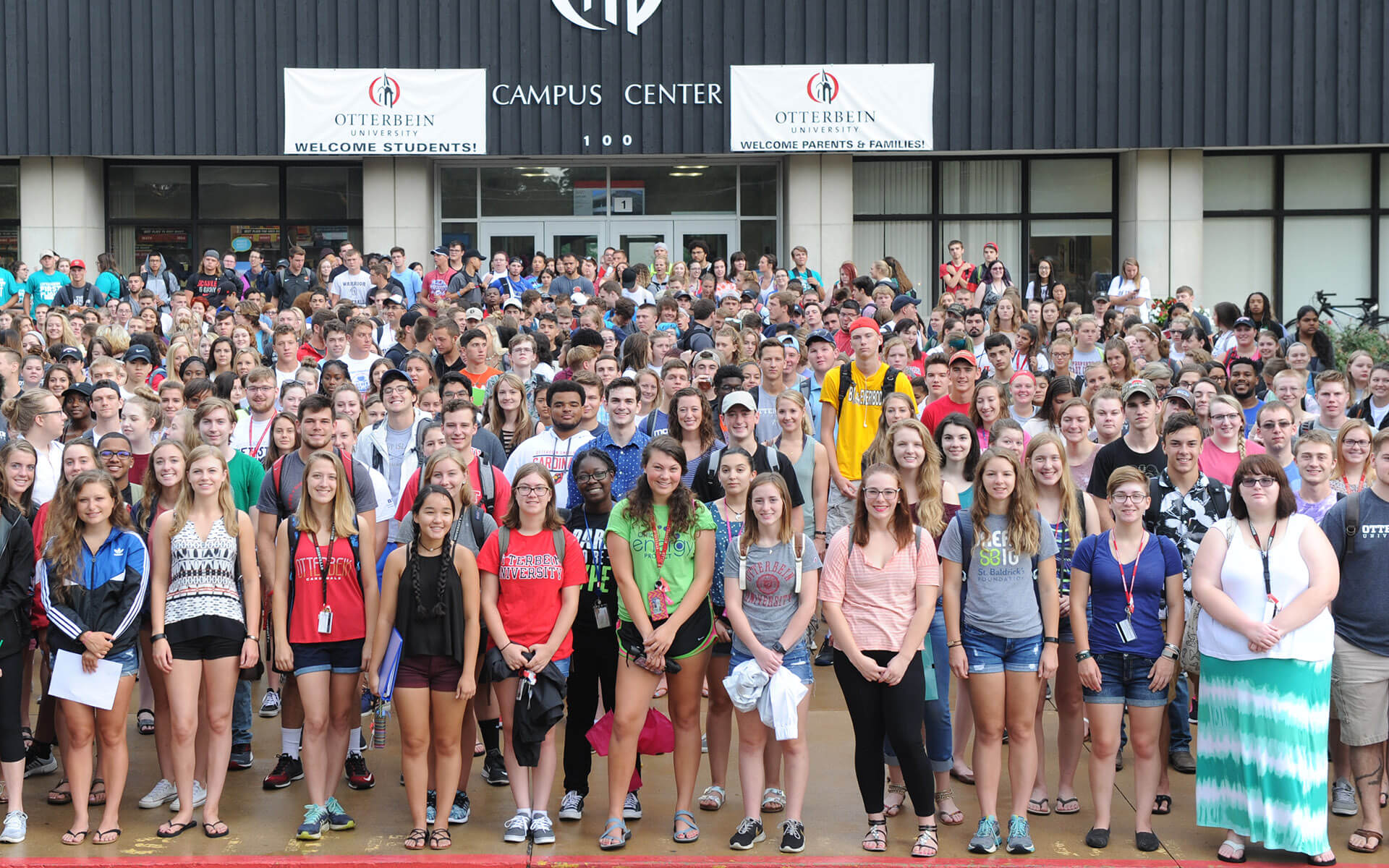
Computer Science
B.A. or B.S. in Computer Science Computer science is the study of problem solving with computers. Computer scientists focus primarily on the science of programming and controlling computers to store, communicate, and retrieve information. Our computer science curriculum is unique in its opportunities for hands-on learning with individualized guidance from professors. Nearly all required computer science courses include a lab component in which students gain software development skills through both individual and team projects. Bachelor of Arts (B.A.): prepares you for…
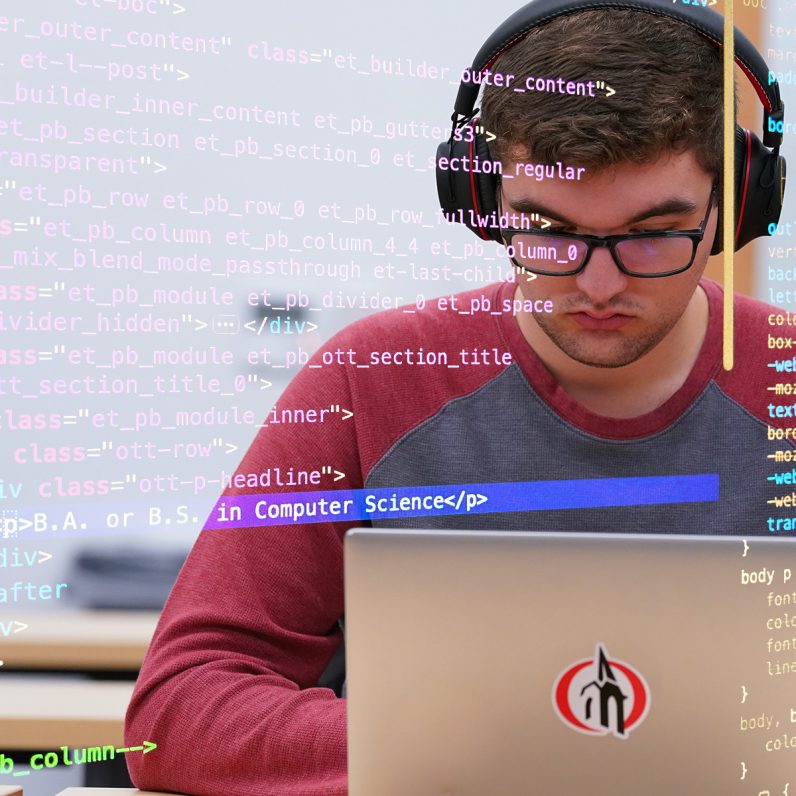
Computer Science (Minor)
Computer Science Minor A minor in Computer Science provides a gateway into the world of solving problems with computers. The minor starts with the same introductory sequence as the full major programs, followed by at least one elective in order to develop specialized knowledge. As computers have become an integral part of so many fields, a basic understanding of Computer Science can complement virtually any major. Students studying Mathematics, Engineering, or any other science often pursue a minor in Computer…
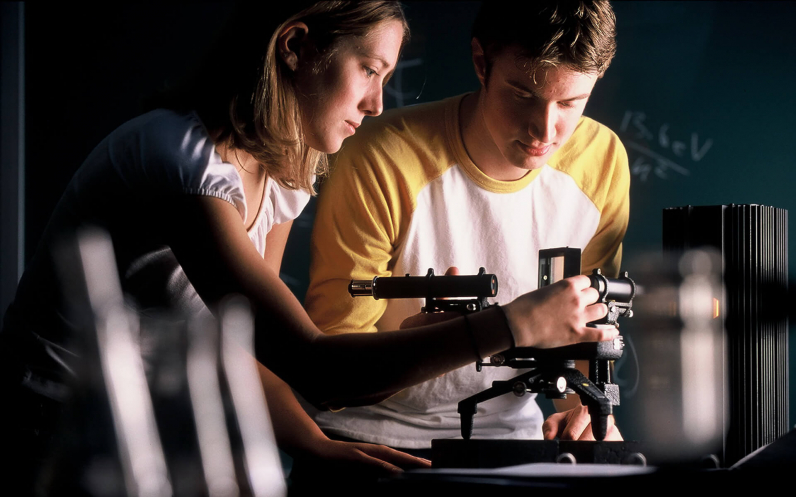
Engineering Physics
B.S. in Engineering Physics The Engineering Physics major is physics with an emphasis on applications to practical problems in science and engineering. It is designed to prepare you for advanced study in physics, engineering, or other scientific disciplines, or for employment in a wide variety of technical settings. The curriculum contains a solid foundation in physics, deeper than what is obtained typically in a standard engineering program. This stronger foundation in basic science makes students more agile in mastering new topics, technologies, and techniques throughout their careers. Core courses from engineering…
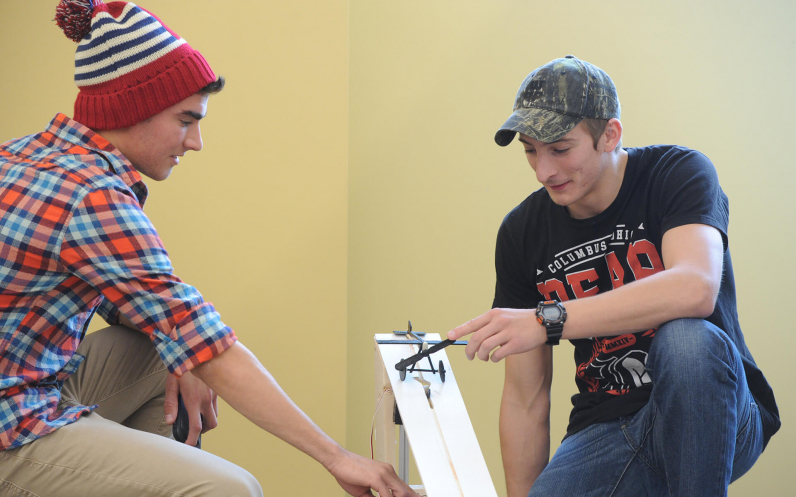
Mechanical Engineering
B.S. in Mechanical Engineering Mechanical engineering is an ABET accredited program based on fundamental engineering science principles and focuses on the design of mechanical systems, machines, and consumer products. This design process often involves understanding how heat transfer, fluid flow and thermodynamics are involved and understanding how to meet or exceed the performance specifications for a particular design. Course Catalog > Program Educational Objectives & Student Outcomes > Programs in Engineering, Computer Science, & Physics > Engineering, Computer Science, &…
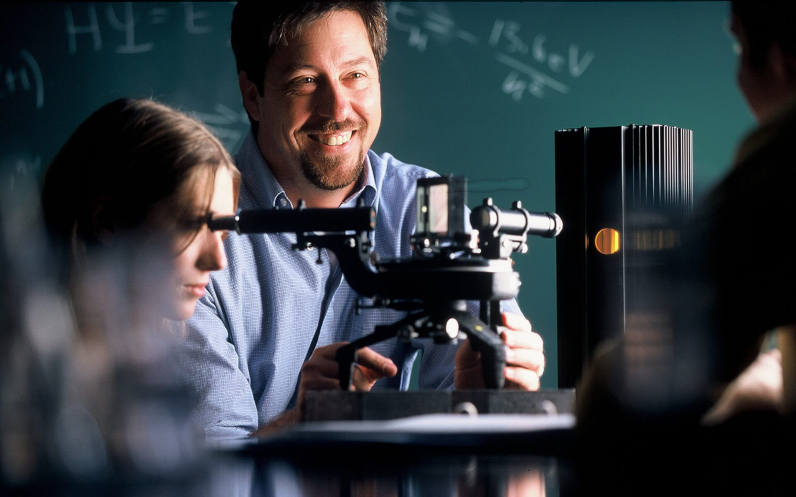
Physics
B.A. in Physics The Physics major provides a rigorous grounding in fundamental physics, fosters critical thinking and creative problem solving, and provides broad practical training in science and technology. It is designed to prepare you for advanced study in a variety of disciplines, for employment in industry, or for teaching at the secondary level. Physics graduates are in high demand in any area where analytical thinking and problem solving are important, and our students have also gone on to careers…
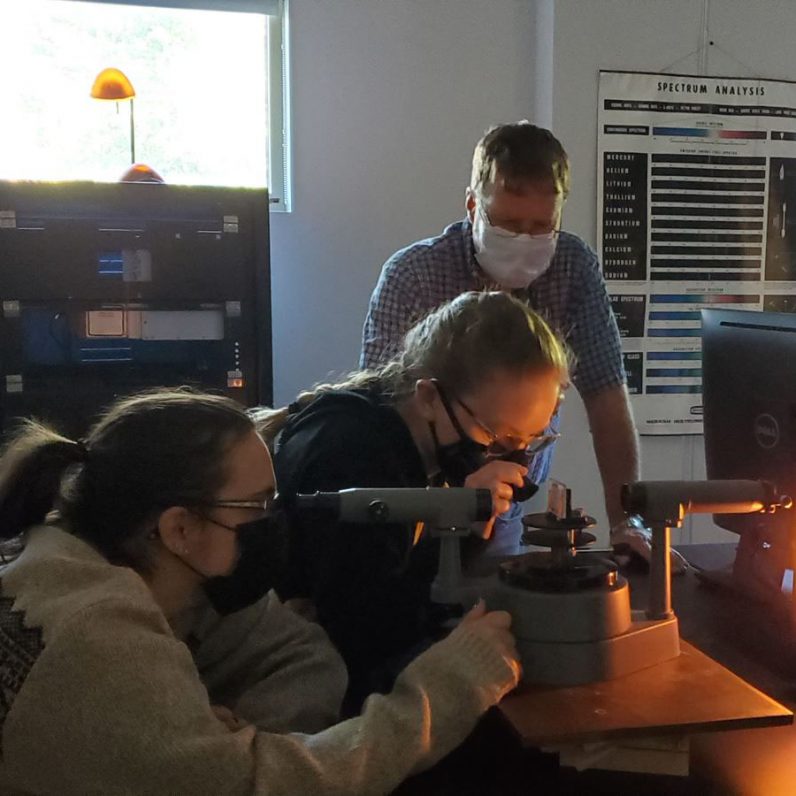
Physics (Minor)
Minor in Physics A minor in Physics is a great way to demonstrate an interest in and aptitude for a challenging STEM field and deepen your knowledge of fundamental science. In recent years, students majoring in programs as diverse as Computer Science and Biochemistry and Molecular Biology have taken minors in Physics. At Otterbein, the Physics Minor consists of the year-long lecture/lab sequence in general physics, plus PHYS 2700 – Modern Physics and two additional elective courses. Course Catalog > Programs in…
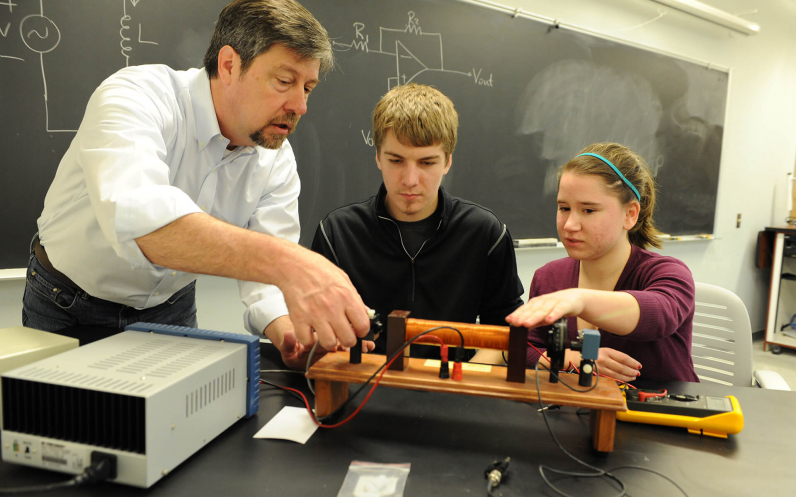
Physics Degree with Secondary Teaching Licensure
Physics Degree with Secondary Teaching Licensure Adding a Secondary Teaching Licensure component to your physics major prepares you for teaching physics at the secondary level (grades 7-12). See the Department of Education site for requirements for students seeking licensure in physics. Students must meet both the requirements for a B.A. in Physics and the requirements for teacher licensure. To be recommended for licensure a student must have a cumulative grade point average of 2.5 or better, have a 2.5 grade point…
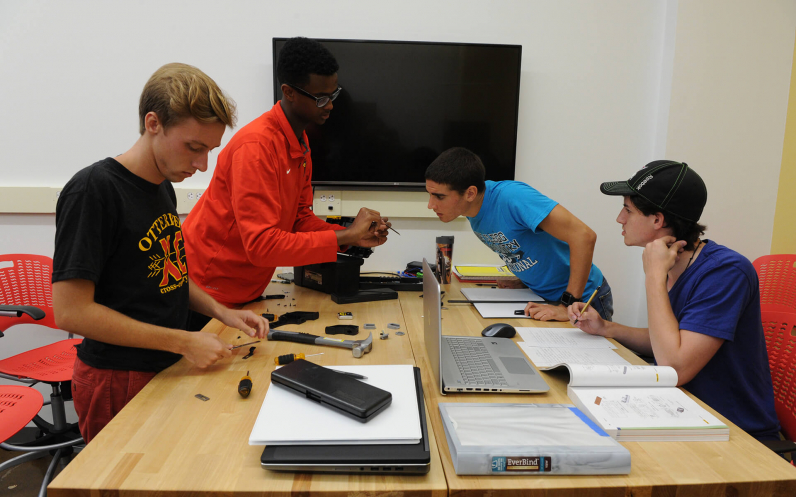
Systems Engineering
B.S. in Systems Engineering Systems engineering is a combination of mechanical, electrical, and industrial Engineering. Since today's engineering problems don't respect the traditional boundaries of engineering disciplines, it is important to have knowledge in each of these areas to be able to solve engineering problems. In addition, tomorrow's engineers will also have to have knowledge about cultural, economic and social issues to be able to make a technological impact. This combination of a broad technical and liberal arts education will…
